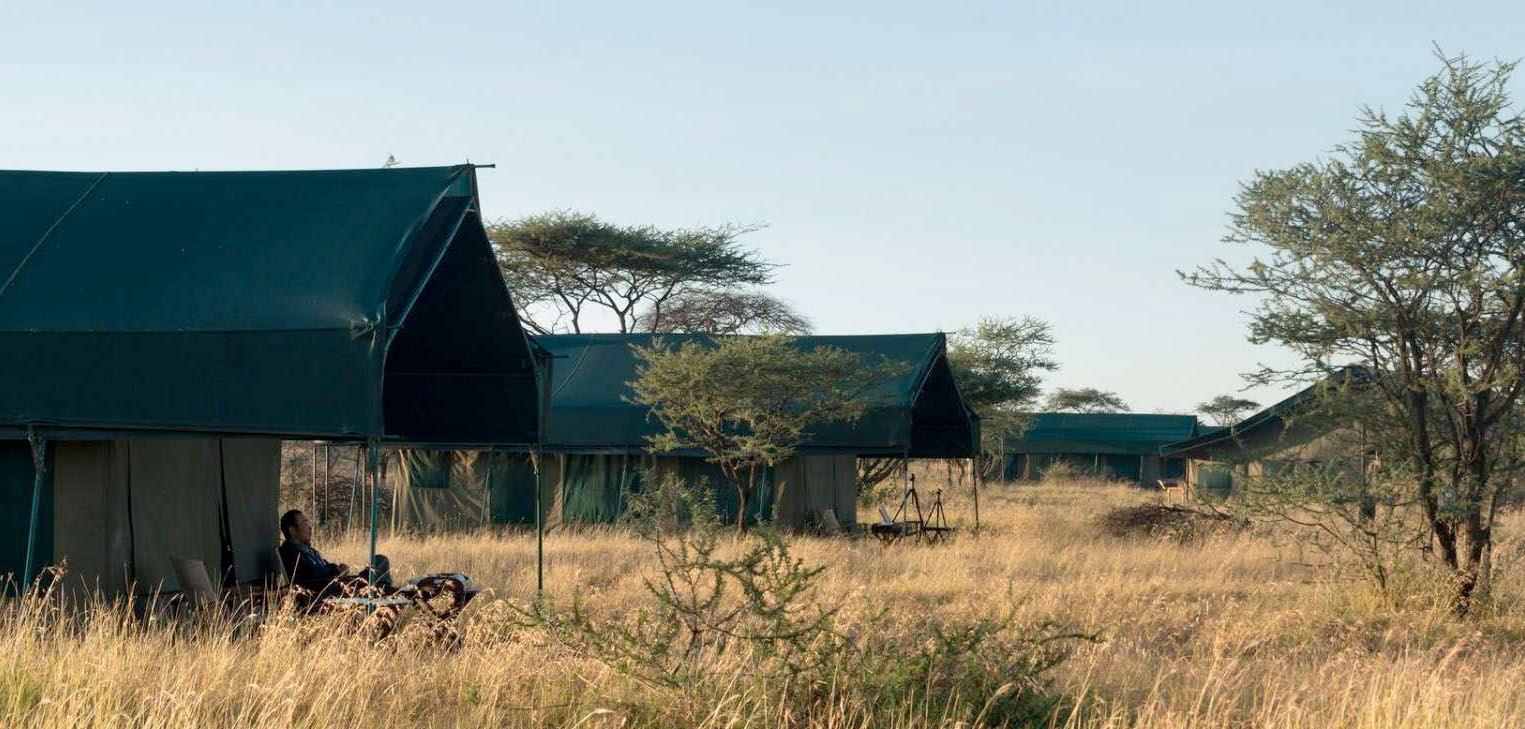
4 minute read
Emerging Trends For Travel in 2022
by Airkenya
As we look towards the future of travel, several hotel trends in 2022 are emerging.
Aylott + Van Tromp, a United Kingdom based experience driven design and strategy company specializing in the interaction of people, brands and places has identified key trends that are expected to emerge in the hospitality industry this year. Two years of the global pandemic have altered traveler’s needs.
Advertisement
Mass-market holiday may not be everyone’s cup of tea with the challenges of Covid 19. Smaller localized get-aways easily reachable by charter flights, small aircrafts, car, bike, or foot will get good business. More travelers will be opting for increasingly isolated accommodation, as social distancing habits are here, for the long haul.
Travelers are looking for off-grid destinations with an abundance of private space to allow them to remain in their own social bubbles, while still enjoying all of the amenities they would expect from a traditional hotel complex.
For years the main cities have been the focal point of hospitality and rightly so; people would head to big cities as a treat, visiting traditional tourist sites or seeing a show. Times however have changed, and the trend is heading towards low-key, softer tourism. Alongside off-the-grid locations, cultural centers with an abundance of history, are becoming fashionable because they match people’s ideals.
People want to experience something different and unique, far from huge crowds. Travelers will continue to seek escapism and comfort that retains a raw feeling - capturing the emotive sense of camping in the wild and being close to nature. To reinforce this, travelers will seek hotel rooms or camps that blend seamlessly into their natural surroundings, offering an immediate connection to nature through the use of oversized windows with minimal or no concrete walls.
Sustainable design led cabins created specifically for the hotel and leisure industry will become highly sought-after, delivering both off-the-shelf designs and bespoke branded cabins for hoteliers and leisure operators alike.
Along with industry essentials like contactless technology, the hospitality industry is adapting to new rhythms of travel and
reimagining their hotel spaces.
The most prominent hotel trend for 2022 is contactless technology. Prior to the pandemic, features such as contactless check-in offered convenience to guests. But these solutions have now become critical. The ability to check in, order meal delivery, or seek concierge support remotely now plays a key role in helping guests avoid crowded spaces and stay healthy. For some hotel brands, digital transformation has been well underway for years.
Virtual Reality technology (VR) is also now a 2022 hotel trend, especially for travelers engaged in the booking process. Increasingly, hotels and resorts are using VR to create virtual tours of their suites and amenities. In addition to bringing the aesthetics of a hotel to life, these technologies also provide booking confidence.
Travelers are not only seeking clean accommodation, but also security that is going above and beyond for their guests. This includes the use of digital keys, enforcing strict vaccine requirements and having flexible cancellation policies. While it is true that many hotel brands have implemented remarkable tech solutions and cleaning protocols throughout the pandemic, it will be some time before travelers feel fully confident in a hotel environment.
As vaccinations and boosters increase, trips booked for both business and leisure are expected to rise. Along with more workers than ever seeking remote work opportunities, the number of travelers with the ability to book trips and still continue to work, is expected to increase. The remote workforce will still be on the rise as a hotel trend in 2022, which was growing for years before the pandemic, and millions more workers shifted to working from home in 2020.
Across the hospitality industry, the reimagining of hotel design, aligned with shifting traveler values will be a key trend. While some travelers feel more secure in a vacation home away from crowds, others feel more confident with the professional cleaning protocols and contactless features that a hotel can provide.
With this in mind, hotel brands that offer extra spacious or standalone units, like timeshares, cabins, or beach cottages, may be of great interest to travelers seeking socially distanced holidays. Amenities like in-suite kitchens can also be very helpful to guests, as they limit the need to engage with busy public spaces multiple times a day.
As the hospitality industry navigates the years ahead, health and safety must be woven into every detail. Innovative new tech solutions will play a key role here, and are an investment in the rebuilding of the hotel sector.







